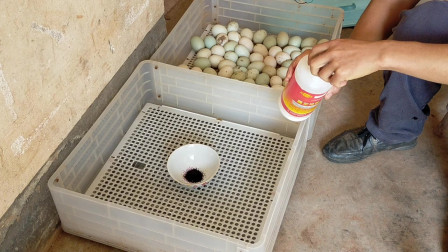


An incubator is a device specifically designed to incubate eggs that mimics the warm environment under the hen's body, allowing the eggs to hatch into chicks at the right temperature and humidity. The emergence of incubators has greatly improved the efficiency and success rate of egg hatching, and also made the process of eggs hatching into chickens more controllable and scientific.
The principle of incubator is to use constant temperature and humidity environment to simulate the process of hen hatching eggs. When the eggs enter the incubator, the temperature and humidity are automatically controlled within the appropriate range to ensure the eggs hatch smoothly. The temperature of incubators is usually controlled at about 37.5 degrees, and the humidity is kept at about 50 to 60 percent. In such conditions, eggs take about 21 days to hatch into chicks.
The use of incubators can not only improve the efficiency and success rate of egg incubation, but also eliminate some uncontrollable factors. For example, the weather changes, the environment of the hatching site, and so on, will have a certain impact on the egg hatching. incubators eliminate these effects, allowing eggs to hatch into chicks in a stable environment.
The use of incubators also makes the breeding industry more scientific and standardized. In the past, some farmers used to incubate eggs in the traditional way, which was not only inefficient, but also prone to problems. Now, the use of incubators has become a standard part of the breeding industry, making it more modern and efficient.
In short, incubator is a very practical equipment, it can improve the efficiency and success rate of egg incubation, so that the breeding industry becomes more scientific and standardized. With the continuous progress of science and technology, the performance and function of the incubator will continue to improve, providing more help for the development of breeding industry.